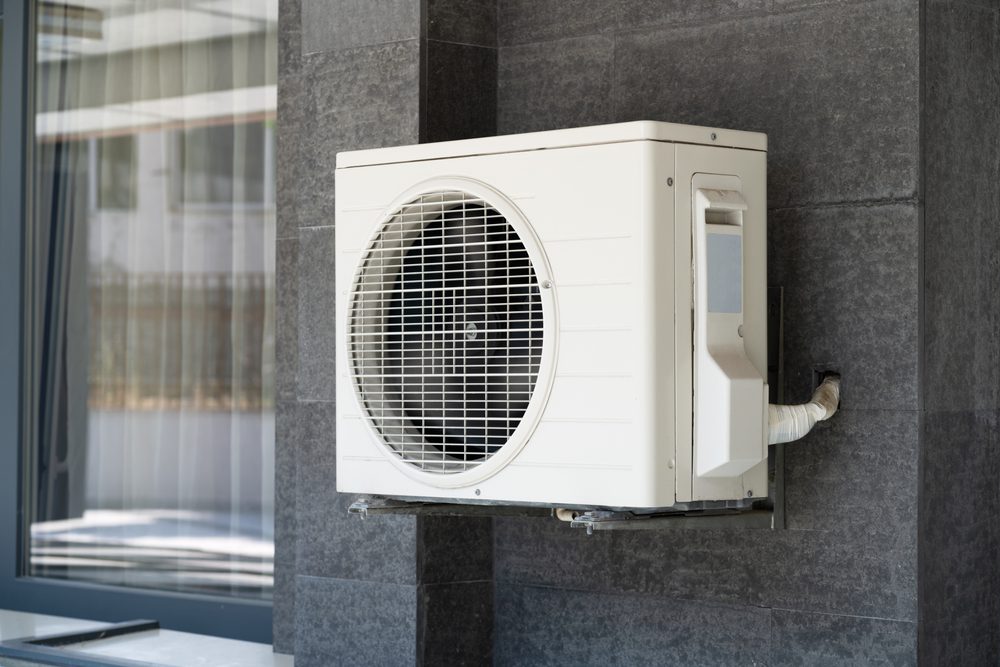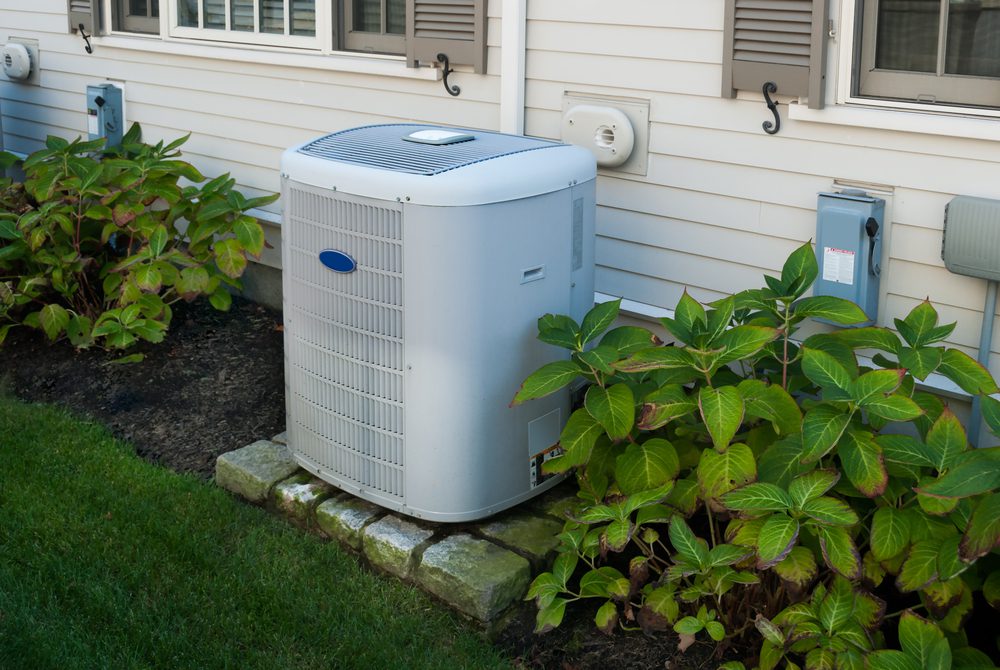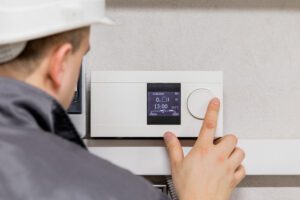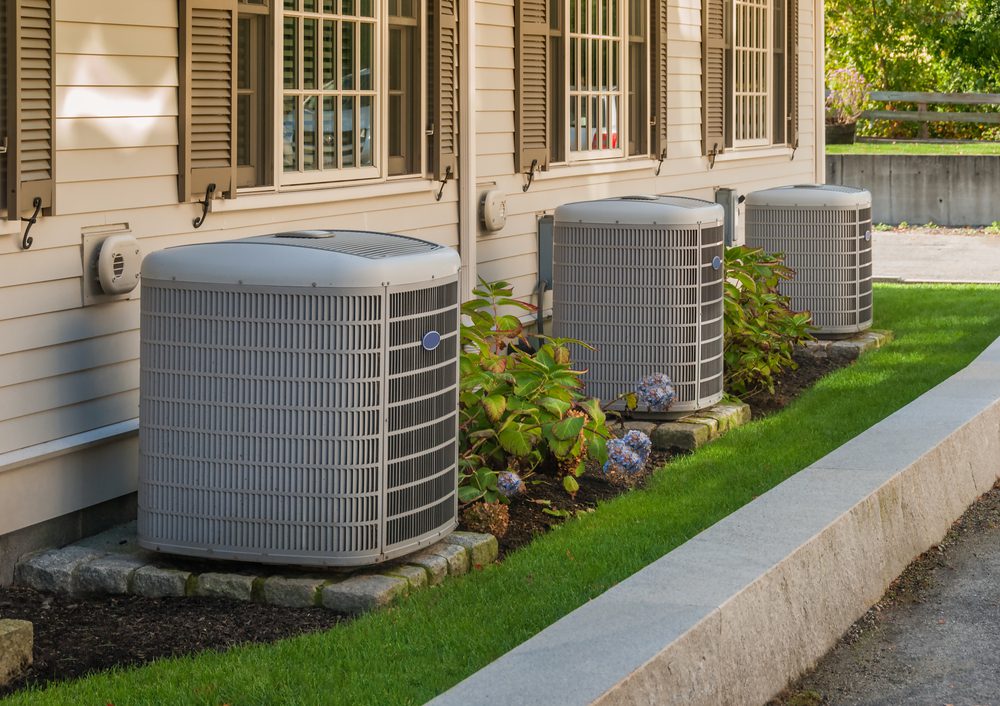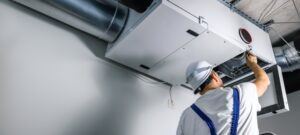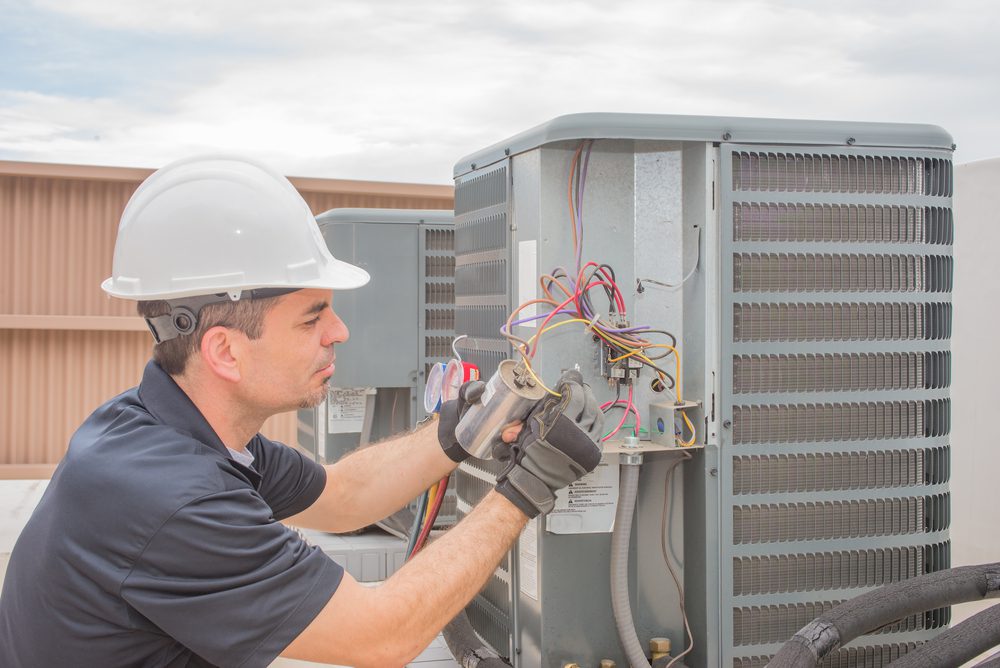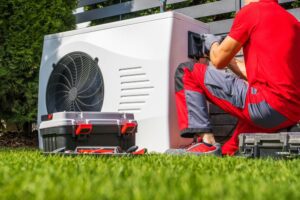Upgrading to a high-efficiency HVAC system offers homeowners numerous advantages, ranging from reduced energy consumption and lower utility bills to enhanced comfort and environmental sustainability. As technology advances, modern HVAC systems are designed to maximize energy efficiency while providing optimal performance.
This article will explore the key benefits of upgrading to a high-efficiency HVAC system and why it’s a wise investment for your home.
7 Benefits of Upgrading to a High-Efficiency HVAC System
Here are the core benefits of investing in a high-efficiency HVAC system for your home.
1. Save energy and lower your utility bills.
One of the most significant benefits of upgrading to a high-efficiency HVAC system is the potential for substantial energy savings. Compared to older, less efficient models, these systems are designed to consume less energy while delivering the same or even superior heating and cooling performance, leading to lower utility bills month after month.
2. Reduce your carbon footprint.
You can contribute to a greener and more sustainable environment by upgrading to a high-efficiency HVAC system. High-efficiency systems consume less energy, which translates into reduced greenhouse gas emissions and a smaller carbon footprint.
3. Enhance your home comfort.
High-efficiency HVAC systems are designed to deliver consistent and even heating and cooling throughout your home, eliminating hot or cold spots. They have advanced features such as multi-stage or variable speed compressors that can precisely adjust their output to match your home’s heating or cooling demands.
This results in improved temperature control, reduced fluctuations, and enhanced comfort.
4. Improve your home’s indoor air quality.
Indoor air quality is crucial for a healthy living environment, and high-efficiency HVAC systems can contribute to better air quality in your home. These systems often include advanced filtration systems that can capture and remove a more significant percentage of airborne particles, including dust, allergens, and pollutants. Improved air filtration helps reduce allergens, mold spores, and other contaminants, promoting cleaner and healthier indoor air for you and your family.
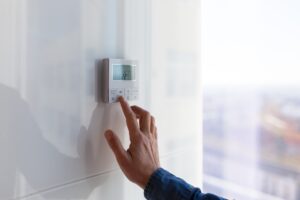
5. Reduce the noise emitted by older systems.
Older HVAC systems can often be noisy and disruptive, leading to a less peaceful and relaxing home environment. On the other hand, high-efficiency HVAC systems are designed with advanced technology and sound-dampening features to operate quietly.
Reduced noise levels allow you to enjoy a quieter home without the constant hum and rattling sounds associated with older systems.
6. Enjoy a system with a longer lifespan and increased reliability.
High-efficiency HVAC systems are typically built with superior components and advanced engineering, which can contribute to their extended lifespan and increased reliability. These systems are designed to operate more efficiently, putting less stress on the equipment and reducing the frequency of repairs and maintenance.
7. Get potential incentives and rebates by upgrading.
In many areas, incentives and rebates are available to homeowners who upgrade to high-efficiency HVAC systems. These incentives can come from utility companies, government programs, or environmental initiatives promoting energy efficiency.
So, are you ready to reap the rewards of upgrading to a high-efficiency HVAC system?
Upgrade to a High-Efficiency HVAC System in Charlotte, NC
Consult with Charlotte, NC’s HVAC professionals, A Tech Repair, to determine the best high-efficiency system for your home, considering size, efficiency ratings, and specific features that align with your needs and preferences.




